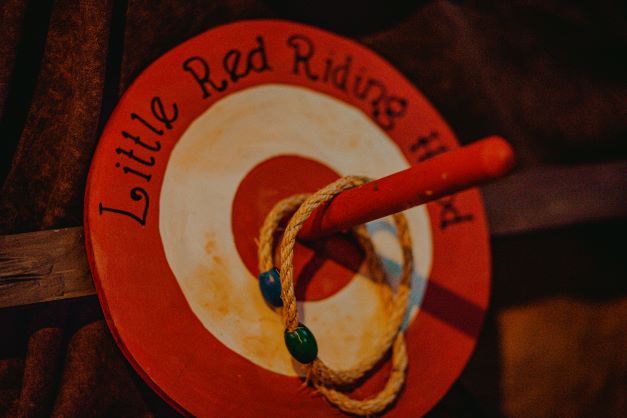Senior producer, Sarah Penney, talks about why we pester you with so many questions when you come to see a show
Have you ever been to a Middle Child show and wondered why we’ve just asked about your age, background, or where you heard about the event? Maybe one of the friendly HEY Volunteers has approached you, armed with a smile and a clipboard, or we’ve asked you to complete a postcard after the show, with your thoughts on what you’ve just seen.
I’d like to tell you a bit more about why we do this and how you can help shape the future of theatre by answering a few simple questions. No biggie.
In today’s theatre world, the creative process doesn’t end with the final curtain call, when our stage managers and technical team pack-up all the gear in the back of a van and drive away into the sunset. Or complete darkness, it’s usually the wee hours of the morning! There’s still more work to be done, combing through audience feedback and learning from what we find.
Behind every one of our productions is a vital but often overlooked practice: audience data collection. This means finding out more about who’s sitting in the seats – like your age, background, and what drew you to the show – as well as how you engage with the production. While it might seem boringly routine, or a bit weird, to fill out a survey or answer a few questions before, or after, one of our shows, this feedback is essential for shaping the future of Middle Child, as it helps us improve our work, as well as fulfil our obligations to funders and partners.
We tend to ask questions like:
- What is your age?
- What is your postcode?
- What did you think about the show?
- Have you been to a Middle Child performance before?
- How did you hear about us?
We do this to better understand who we’re reaching. By knowing more about audiences, we can make sure future work resonates with our city and the places we want to visit. Are we engaging a wide range of people? Are there underserved communities we’re missing? Was it affordable? Do people want to see theatre in more unusual spaces? These insights help us to make sure that our work remains inclusive and relevant, both culturally and artistically. Without this data, we risk producing work that doesn’t connect with Hull, our audiences or reflect their interests and needs.
Another important aspect is meeting the requirements of funders and partners. Most theatre companies rely on external funding, whether from government grants (thanks Arts Council England), local authorities (thanks Hull City Council), private foundations (thanks Garfield Weston), or corporate sponsors (thanks Wykeland). These organisations often ask for proof that their support is helping us meet specific audiences or goals, particularly in broadening who gets to make and enjoy theatre.

A nice dress
Imagine you gave your mam £100 to go to the shop and buy something nice for herself, like a new outfit. You’d want to see a picture of what she bought, right? Maybe a cheeky mirror selfie to show how much she loves the dress, to make sure she didn’t just spend it all on sweets.
It’s the same with funders. Ultimately, they’re investing in making an impact on who can access our shows, so they want to know who came, what they saw and what they thought about it. They want to see pictures of us twirling in the dress and buzzing about it, or deciding that the dress isn’t for us and that we’re going to make a list of what dress we want next time, so we’re prepared when we go to the shop.
By sharing audience data with funders, we can show the impact their support is making, helping to secure future funding and keep our company, and our shows, alive and thriving.
But it’s not just about checking boxes. Audience feedback allows us to do things better. Learning what worked, what didn’t, and how an event was received helps us to refine our work and company mission. This data informs everything: from our marketing to ticket pricing, to venue accessibility and design, ensuring that we make theatre more accessible and enjoyable for everyone. Ultimately, the information we gather today helps secure the company’s future, meaning we can keep producing work that resonates with our ever-evolving audience.
Your responses
For instance, earlier this year we asked those of you who saw Baby, He Loves You if you’d like to see more shows in non-theatre spaces. An emphatic 98% said yes and this gave us the confidence to settle on staging next year’s big show in a car park. Ever since, a lot of our work on this show, Biting Point by Sid Sagar, has focused on making it suitable for the outdoors. Data!
When a show ends and we’ve all had a lie down in a dark room for a bit, we come together and delve into the data. It’s always my favourite bit, digging through the question cards and online surveys, pulling out your nuggets of wisdom. We sit down as a team and go through every response in a debrief, looking at not just the experience of our audiences, but the experience of our freelancers, venues and funders too.
Don’t worry about your data, though. We don’t lock away all your details in a safe with a special golden key, cackling to ourselves as we dig out your email to bombard you with spam. We only ever get in touch if you’ve given us permission to do so and we shred/delete everything once we’ve had our debrief chat. Your data will only ever be used confidentially and responsibly.

Examples of changes we’ve made based on the data you’ve shared with us include better seating, changes to our sound equipment, better toilet provisions and more. And then there’s the big one: you choose our panto storyline ever year!
It’s not just at show time that we ask for your thoughts, either. Back in 2022 we asked our panto pals if they would come to see shows after Christmas Day, so we could avoid a clash with the Qatar World Cup. Lots of you responded to say yes, we moved our panto dates and everybody (but the England football team) had a brilliant Christmas. Last year we also ran an audience survey, that informed a lot of the work we put into our inaugural Fresh Ink: Hull Playwriting Festival, which we are confident has already had a huge impact on the writing ecology of the region.
Audience data is not just for the present then: it helps future-proof Middle Child. By understanding trends in our audience behaviour, preferences and demographics, we can adjust our plans to meet our ever-changing audience needs. This ensures that we’re making the case to funders and ticket-buying audiences in a time when audience figures remain lower than pre-covid and touring has become more difficult than ever.
TLDR: If we don’t ask questions and gather people’s thoughts and feedback, our funders would stop funding us, and we wouldn’t know what you, our audiences, want to see from us.
So, the next time you fill out a survey at a show, know that your input is helping to shape the future of Middle Child. We appreciate each and every one of you, and thank you for helping us to learn, grow and evolve. You never know, the comment you leave at one of our shows might just influence what work we make, or where we perform next.
